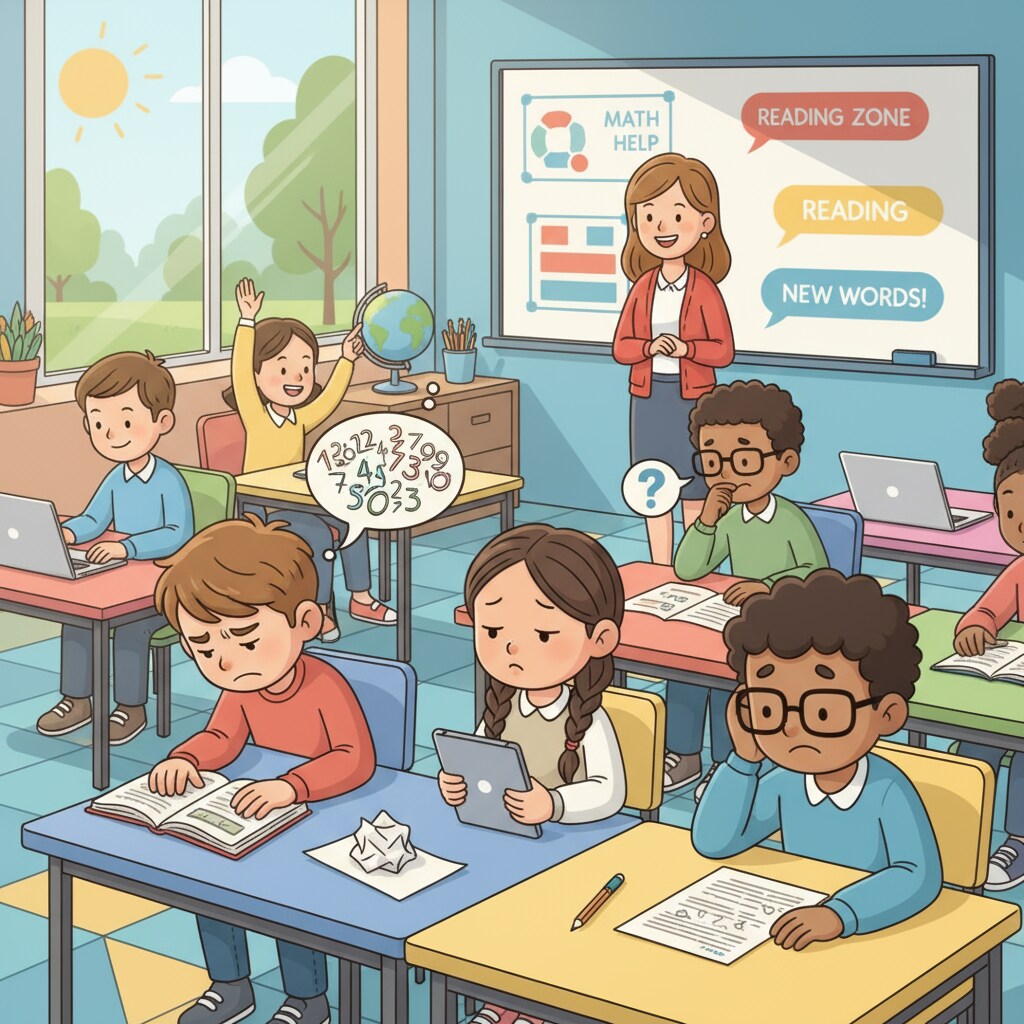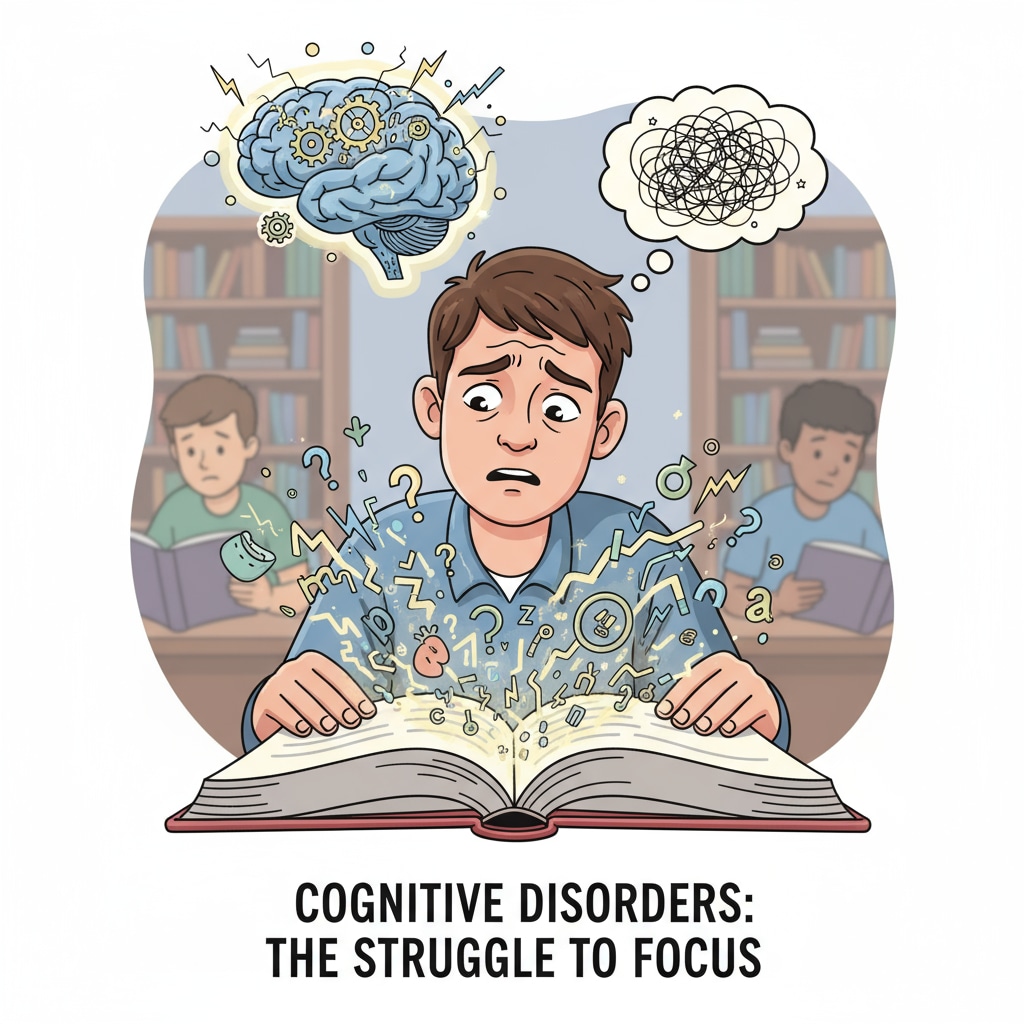Learning difficulties, cognitive disorders, and self-negation are significant issues that many K12 students face. In the realm of K12 education, students with learning disabilities often encounter unique obstacles that can erode their sense of self-worth. These challenges not only affect their academic performance but also have a profound impact on their emotional well-being.

The Burden of Learning Difficulties
Learning difficulties can manifest in various ways, such as problems with reading, writing, or math. For example, a student might struggle to understand complex mathematical concepts or have difficulty expressing their thoughts in writing. These challenges can make it hard for them to keep up with their peers, leading to feelings of inadequacy. As a result, they may start to doubt their own abilities and develop a negative self-image.
Cognitive Disorders and Their Impact
Cognitive disorders further compound the problem. Conditions like dyslexia or ADHD can make it difficult for students to focus, process information, and retain knowledge. This can lead to repeated academic setbacks, which in turn contribute to self-negation. Students may believe that they are not smart enough or that they will never be able to succeed in school. However, it’s important to recognize that these disorders do not define a student’s capabilities.

The “talent theory” prevalent in society also has a detrimental effect. When students are constantly exposed to the idea that success is solely based on innate talent, those with learning difficulties may feel left out. They may think that since they don’t seem to have the “natural ability,” they are doomed to fail. This mindset needs to be challenged.
Educators and parents play a crucial role in helping these students. Strength-based educational intervention strategies can be highly effective. By focusing on a student’s strengths and interests, we can help them build confidence. For instance, if a student is good at art, we can use art-related activities to teach other subjects, making learning more engaging and accessible.
In conclusion, it’s essential to address the issues of learning difficulties, cognitive disorders, and self-negation in K12 students. By providing the right support and guidance, we can help them break free from these barriers and rebuild their self-worth. Learn more about learning disabilities on Wikipedia and find useful resources on the American Speech-Language-Hearing Association website.
Readability guidance: This article uses short paragraphs and lists to summarize key points. Each H2 section provides relevant details. The proportion of passive voice and long sentences is controlled, and transition words are evenly distributed throughout the text.


